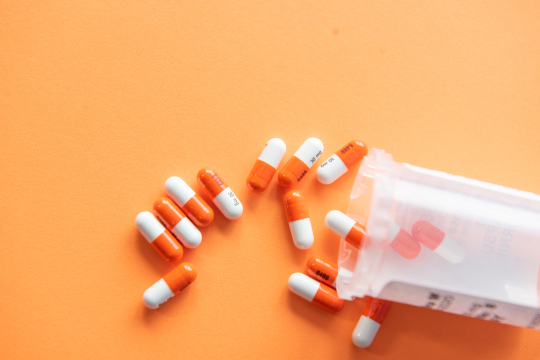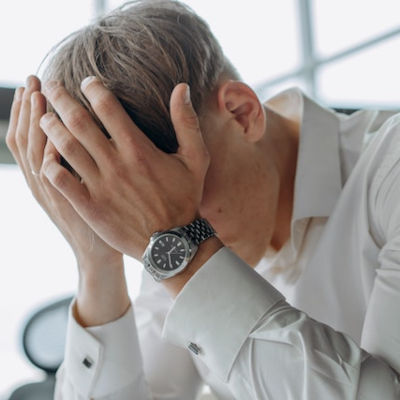
16 Nov What Are Common Symptoms Of Opioid Abuse?
The opioid epidemic continues to be an ongoing issue, with synthetic, illicit, and prescription opioid abuse accounting for 70% of all 70,000 drug-related deaths in 2018. Like all types of drugs, opioid use disorder is characterized by certain symptoms. Identifying common symptoms of opioid abuse can help you know when to seek treatment for yourself or your loved one.
Table of Contents:
Common opioid abuse symptoms
Although prescription opioids are safe when used as prescribed, they are highly addictive. It doesn’t take long to build up a tolerance for them. When you can no longer function normally without opioids or your daily life starts to revolve around your next dose, that’s when a doctor may diagnose you with an opioid use disorder.
Symptoms of opioid abuse include:
- Changes in behavior, including work, hobbies, and exercise routines
- An inability to control opioid use
- Cravings for opioids
- Drowsiness and/or changes in sleep habits
- Weight loss
- Decreased libido
- Changes in behavior or relationships with family or friends
- ‘Doctor shopping’ (visiting multiple doctors for a diagnosis)
- Prescription pill bottles from multiple doctors, or with other peoples’ names on them
Fortunately, regardless of how long or how severe your addiction is, you can overcome an addiction with professional medical attention.
What is opioid-induced neurotoxicity?
Opioid-induced neurotoxicity is a side effect of opioid use disorder that typically develops after prolonged use of this class of drug. Opioid-induced neurotoxicity typically affects older individuals and those who have been using opioids for a long time.
This condition also occurs in patients who have kidney issues since the body cannot process waste produced by the drug, resulting in a buildup of waste that can damage the brain.
Opioid-induced neurotoxicity is not the same thing as overdose, which we discuss further below, and is characterized by symptoms such as:
- Confusion
- Difficulty thinking clearly
- Difficulty concentrating
- Cognitive impairment

Opioid overdose symptoms
An opioid overdose happens when you take more of the drug than your body can process at one time. Since opioids affect the part of your brain that regulates your breathing, an overdose can slow – or stop – your breathing, potentially resulting in brain damage or death.
Symptoms of opioid overdose include…
- Unconsciousness/unresponsiveness
- Pale skin that may feel clammy to the touch
- Blue or purplish color to fingernails and/or lips
- Slow or stopped breathing
- Slow or stopped heartbeat
- Vomiting
- Gurgling noises
Opioid overdose is a medical emergency, so if you think someone is having an overdose, you need to call 911 immediately.
Opioid withdrawal symptoms
Overcoming an opioid addiction is essential for your long term health, but withdrawal symptoms can make recovering from an opioid use disorder a challenge. Withdrawal happens when a person stops taking opioids since their body has gotten used to functioning with the drug. Cessation causes temporary but intense symptoms.
Opioid withdrawal symptoms include…
- Racing heart
- Sweating and/or chills
- Nausea and vomiting
- Diarrhea
- Insomnia
- Anxiety, restlessness, or agitation
- Muscle aches
- Dilated pupils
- High blood pressure
The duration of withdrawal symptoms varies depending on the type, dosage, and use history of the specific drug. The onset of symptoms can be within 8 hours of the final dose and can last a week or more.
Overcome Opioid Use Disorder At Home With Elite Home Detox
Although opioid withdrawal symptoms aren’t typically dangerous like certain drugs, medically managed rehab is the safest and most effective way to overcome opioid addiction and stay sober.
If you or a loved one is struggling with opioid abuse, in-home rehab with Elite Home Detox is a safe and effective way to get the treatment you need without spending weeks or months at an inpatient facility or potentially exposing yourself to Covid-19. We help you develop tools and coping mechanisms to prevent relapse and stay sober.


